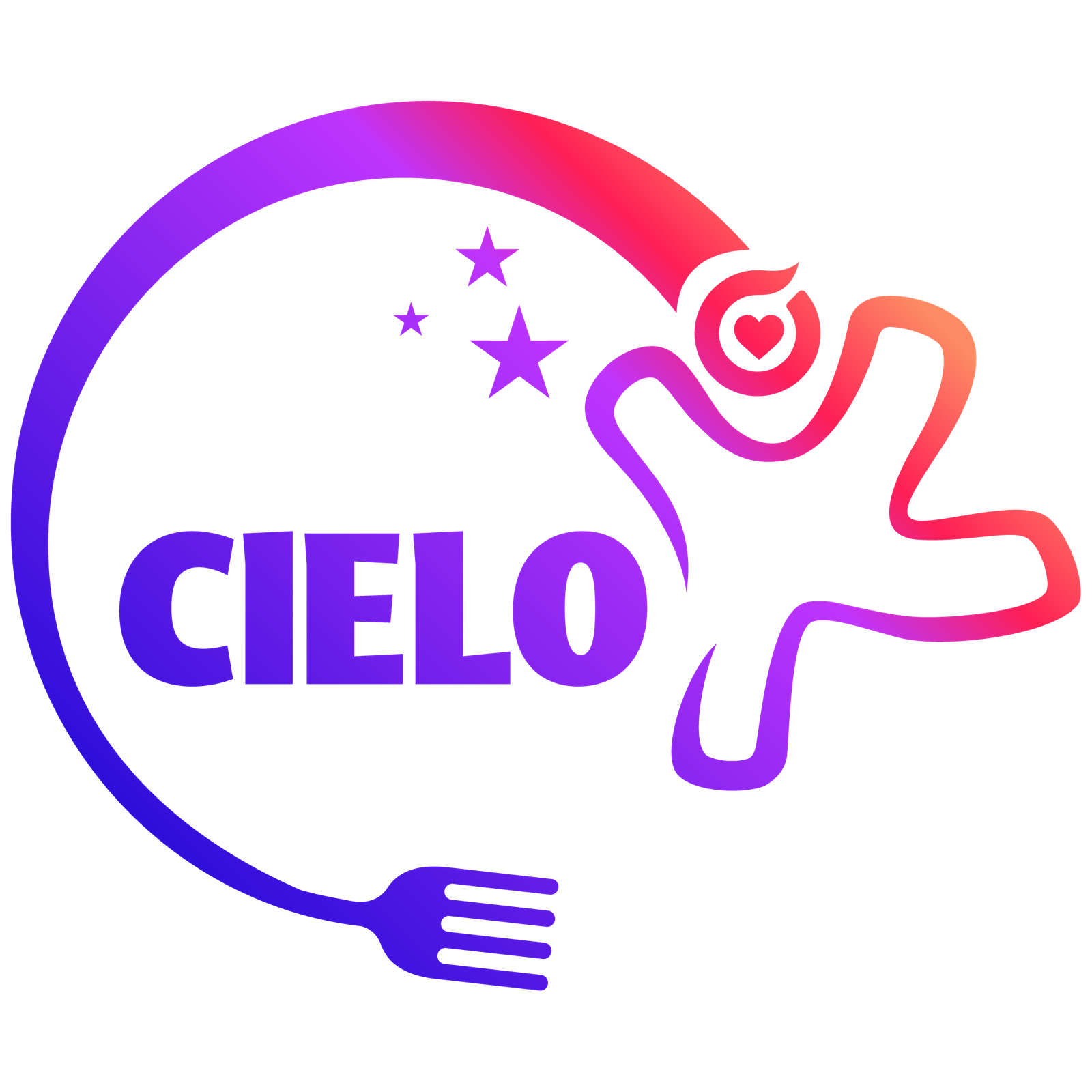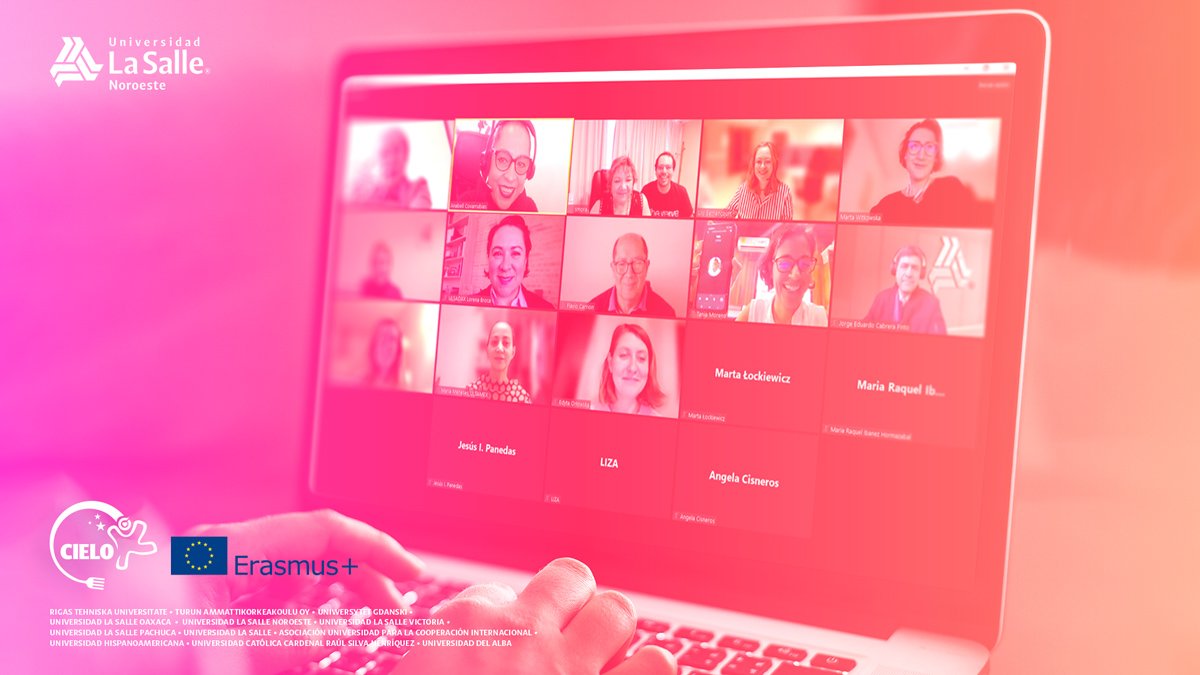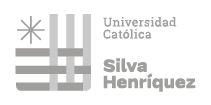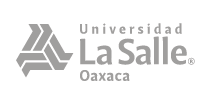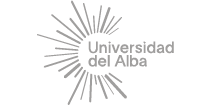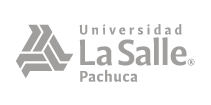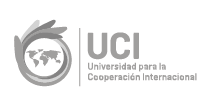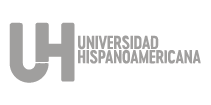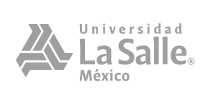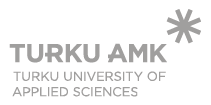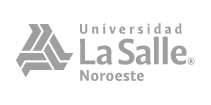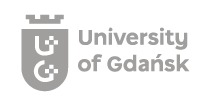Collaborators from the 12 universities developing the CIELO Erasmus+ project, Innovative Curriculum for Latin America to Build Capacity in HEIs to Prevent Obesity, had their second virtual meeting to share progress on the proposal that seeks to improve children’s health in Latin America through training students, teachers, and health professionals.
During three online sessions, which were held on January 15, 16, and 17, the managers of each university addressed topics related to the administrative and budget organization of the project.
On this occasion, on the first day, the Riga Technical University (Latvia), in charge of the administrative management of the project, presented the moments and formats that must be delivered as evidence of the work that has been developed since July 2023, when the project was approved. The next day, Universidad Católica Silva Henríquez presented what has been achieved in obtaining the permits issued by the respective Scientific Ethics Committees (CEC) of each of the Universities, for the application of questionnaires for professionals in health and university teachers; as well as the logistics for the application of questionnaires and the development of focus groups for university students.
“The application of these instruments will allow us to know, for example, how much university teachers and students, as well as health professionals, know about obesity, as well as their attitude towards obese people, which is key for the construction of the online course and the mobile application,” said Dr. Sebastián Loyola Arroyo, research academic at the UCSH Faculty of Health Sciences.
On the last day, Universidad La Salle Noroeste presented CIELO’s Dissemination and Communication Plan, sharing the link to the website where people can find more information about the project activities, events, and progress.
In this meeting, topics related to the bibliographic search were also discussed based on the future results of the questionnaires and focus groups, the generation of the online course structure, and the equipment with which the Erasmus+ program will support each HEI.
